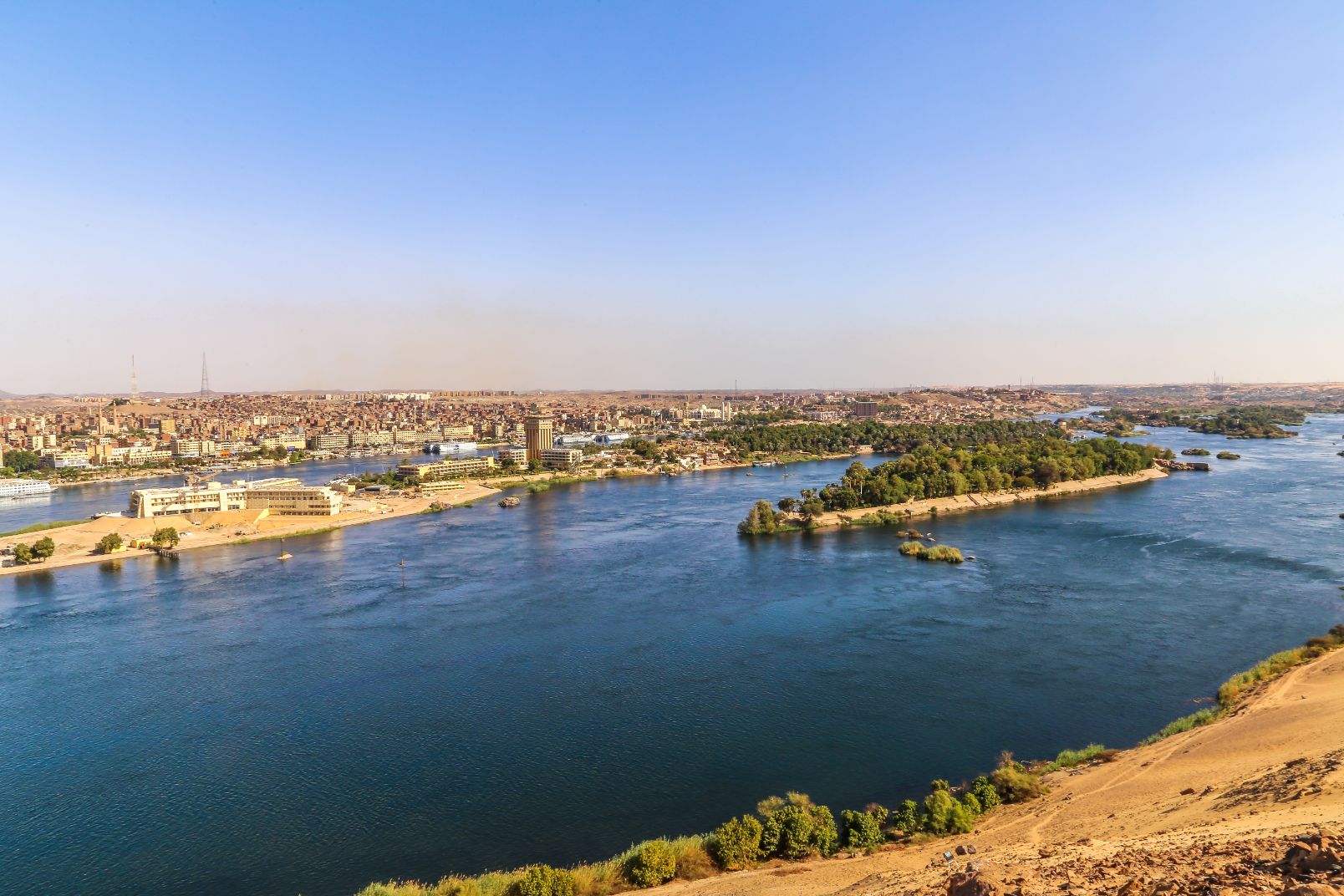
Nubia in Egypt
Discover the Unique Tradition of Raising Crocodiles and the Cultural Legacy Behind It
5 min read
Category : CultureDestination : EgyptIn the sun-drenched villages along the Nile near Aswan, a remarkable tradition continues to fascinate luxury travelers and cultural enthusiasts alike. Among vibrant homes painted in turquoise and ochre, the sight of a live crocodile resting in a shaded courtyard may seem surreal, yet it is a living expression of heritage. For the Nubia in Egypt, raising crocodiles is more than a spectacle; it is a practice deeply rooted in ancient reverence, storytelling, and identity.
This blog takes you to the heart of Nubian culture, exploring why crocodiles are kept in households, the spiritual and historical significance behind the practice, and how it connects to broader Nubian customs. Along the way, we will also answer your most curious questions, from swimming in the Nile to discovering the ancient city of crocodiles.
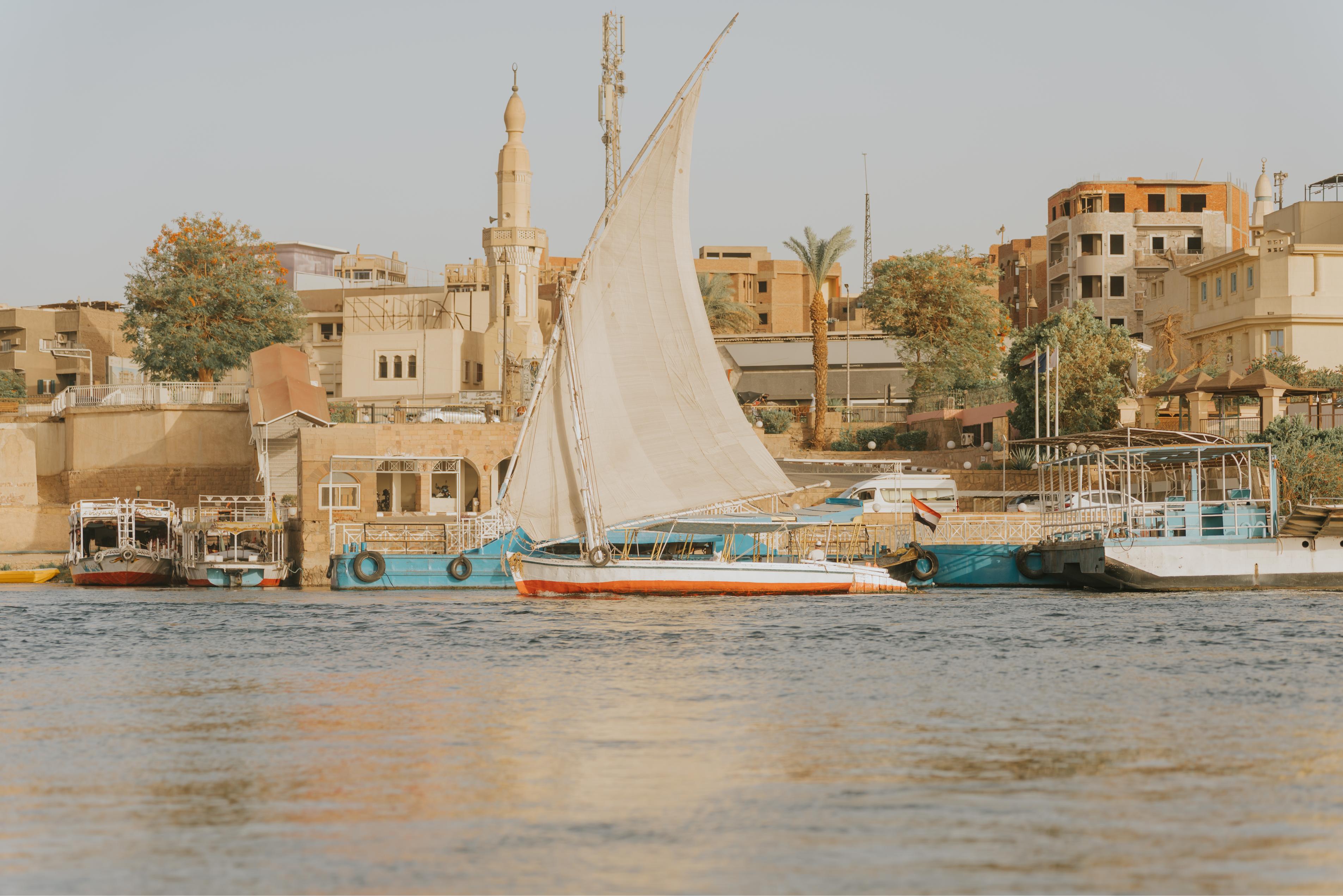
Nubia in Egypt Crocodiles as Symbols of Strength and Cultural Heritage
The Nubia in Egypt are known for their warmth, resilience, and vibrant traditions. Descendants of ancient civilizations, Nubians have preserved a distinct language, architecture, and way of life that sets them apart from the rest of the country.
Key Nubian Customs:
- Colorful Homes: Painted in bright blues, yellows, and pinks, often decorated with symbolic motifs.
- Crocodile Displays: Mummified or live crocodiles placed above doorways or kept in courtyards.
- Oral Storytelling: Folktales passed down through generations, often featuring animals and spirits.
- Traditional Dress and Dance: Women wear embroidered dresses and gold jewelry, while music and dance remain central to celebrations.
- Community Hospitality: Visitors are welcomed with hibiscus tea, dates, and heartfelt conversation.
These customs reflect a deep connection to nature, ancestry, and spiritual beliefs, especially the reverence for crocodiles.
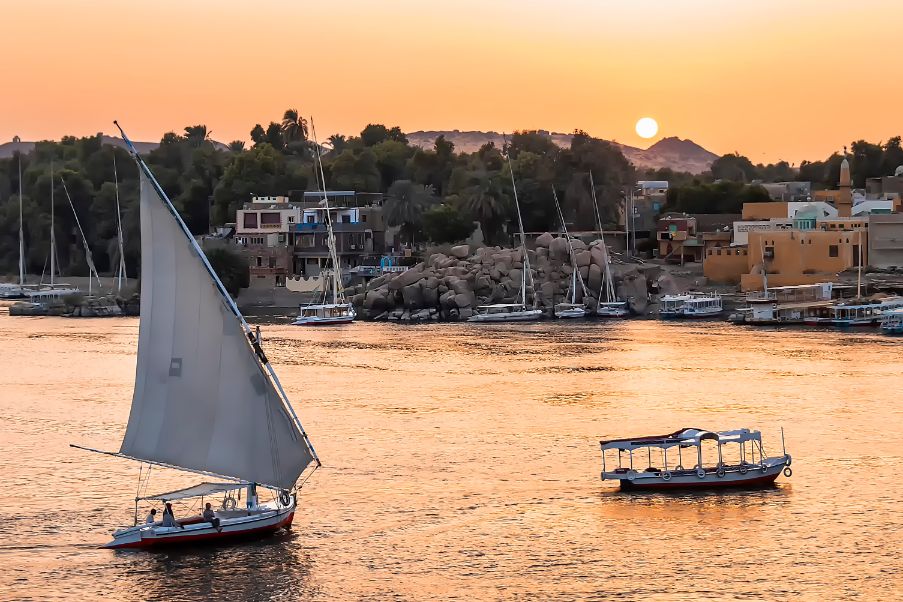
Nubians Raise Crocodiles as Symbols of Strength and Cultural Heritage
The tradition of keeping crocodiles in Nubian households dates back to ancient Egypt, when the Nile crocodile was associated with Sobek, the god of fertility, protection, and the power of the Nile. Nubians adopted this reverence and transformed it into a living tradition.
Cultural Reasons Behind the Practice:
- Spiritual Protection: Crocodiles are believed to ward off evil spirits and protect the home from misfortune.
- Symbol of Strength: Representing resilience and power, crocodiles embody the Nubian spirit.
- Tourism and Storytelling: In villages like Gharb Soheil, crocodiles are raised to educate visitors and share Nubian folklore.
- Heritage Preservation: Mummified crocodile heads above doorways honor ancestors and maintain cultural continuity.
Locals such as Mamdouh Hassan have raised crocodiles for decades, often naming them and caring for them as members of the family. These reptiles serve as ambassadors of Nubian identity, drawing travelers into a world where myth and reality coexist.
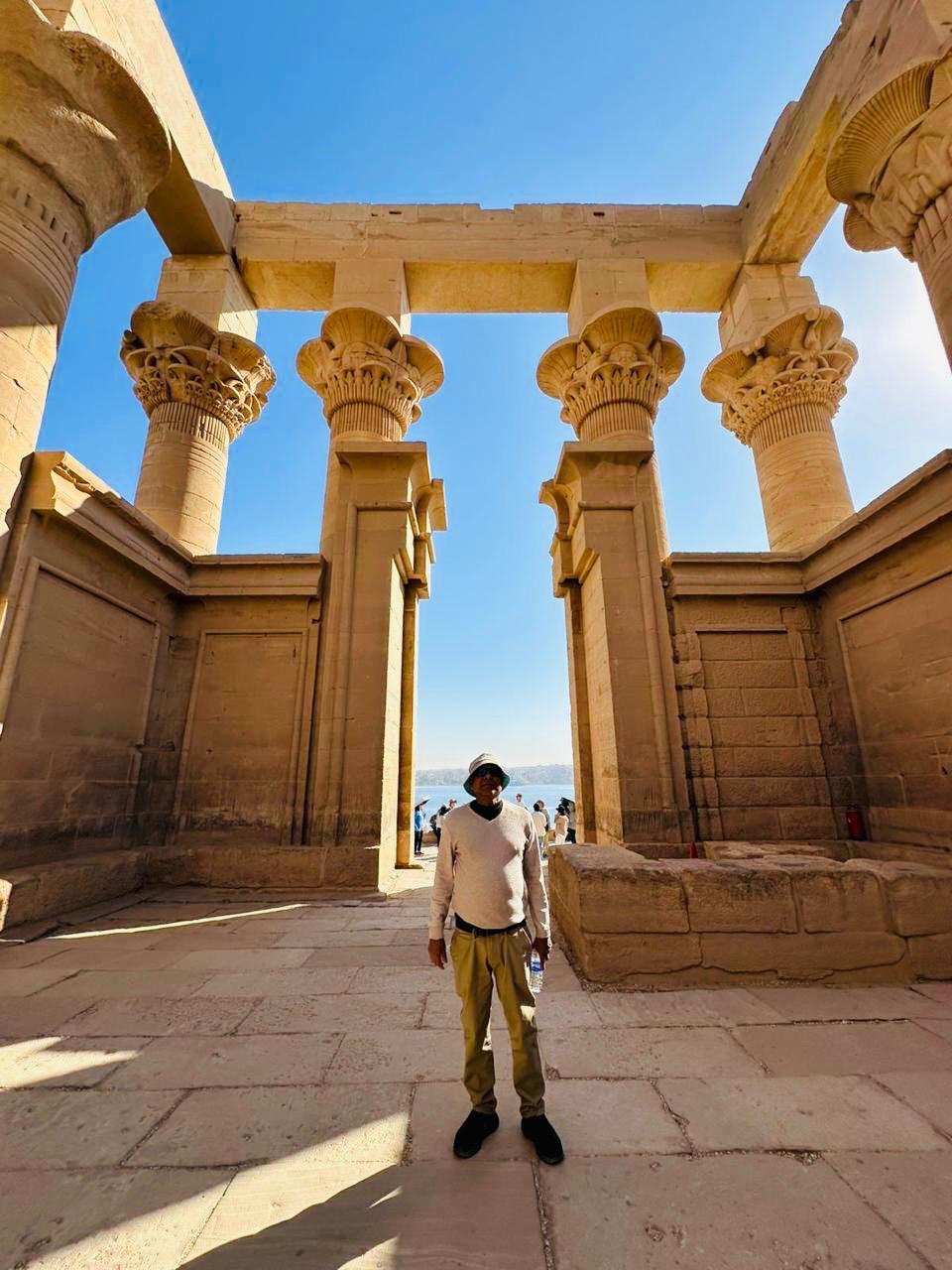
Swimming in the Nile Near Crocodiles Is Risky and Best Avoided
While the Nile may appear inviting, swimming in it, especially near crocodile habitats, is not recommended. Nile crocodiles are apex predators, and although their numbers have declined in northern Egypt, they still inhabit southern regions near Lake Nasser and Aswan.
Safety Considerations:
- Crocodile Presence: Most crocodiles are now confined to Lake Nasser due to the Aswan High Dam, but sightings near Aswan still occur.
- Health Risks: The Nile carries parasites such as bilharzia, making swimming risky even in areas free of crocodiles.
- Safer Alternatives: Choose hotel pools, eco-lodges with spring-fed basins, or guided felucca cruises for safe water experiences.
Admire crocodiles from a safe distance in Nubia in Egypt, but keep your swimming adventures to curated environments.

Ancient Egyptians Revered and Raised Crocodiles as Sacred Creatures
In ancient Egypt, crocodiles were not domesticated in the modern sense, but they were bred, raised, and revered. Temples dedicated to Sobek often kept live crocodiles in sacred pools, feeding them and adorning them with jewels.
Historical Insights:
- Temple of Sobek in Faiyum: Housed sacred crocodiles known as Petsuchos, treated as divine beings.
- Crocodile Mummification: Thousands of crocodile mummies have been discovered, especially in the Faiyum region, indicating organized breeding.
- Symbolic Domestication: Egyptians believed taming crocodiles could harness their power for protection and fertility.
This reverence laid the foundation for Nubian customs today, where crocodiles are still honored and cared for, not as pets but as cultural icons.

Crocodilopolis in Faiyum Was Ancient Egypt’s Sacred City of Crocodiles
The ancient city of Crocodilopolis, also known as Shedet and later Arsinoe, was located in the Faiyum region of Lower Egypt. It was the heart of the crocodile cult and the primary worship site of Sobek.
Highlights of Crocodilopolis:
- Temple of Sobek: A grand religious complex where rituals and sacrifices were carried out.
- Sacred Crocodile Pools: Home to Petsuchos, the temple’s resident crocodile, adorned with gold and gems.
- Cultural Legacy: The city’s name and practices influenced Nubian beliefs and modern crocodile traditions.
Today, remnants of Crocodilopolis can be explored in Faiyum, offering travelers a glimpse into Egypt’s fascinating relationship with these sacred reptiles.
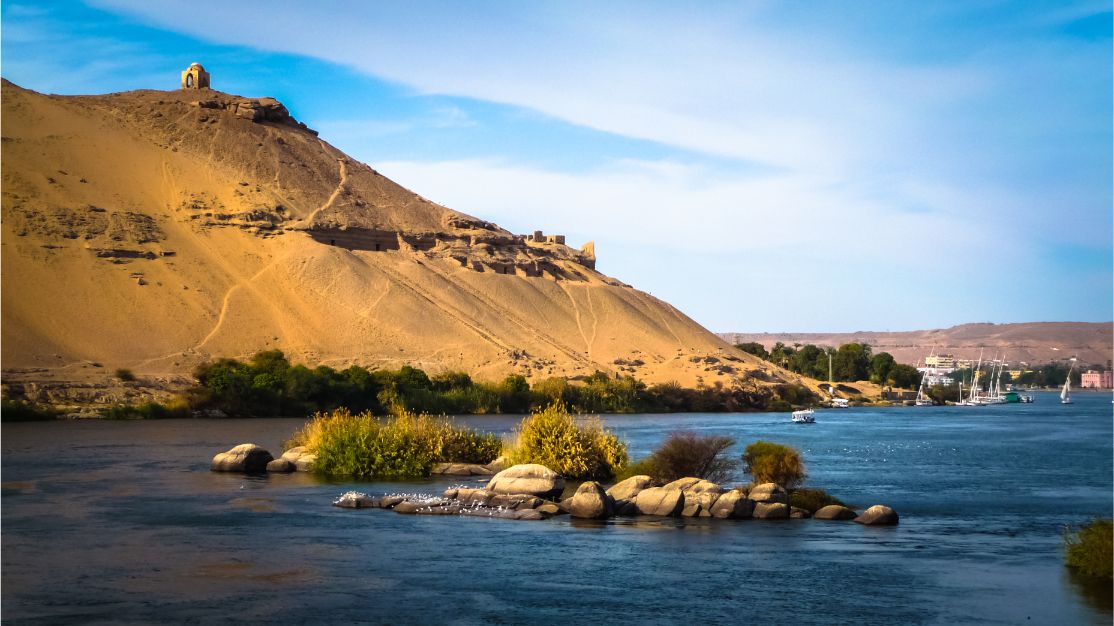
Luxury Travel Tips for Visiting Nubian Villages
To experience the crocodile tradition and Nubian culture in Egypt in style, consider these refined travel tips:
- Book a Private Tour to Gharb Soheil: Visit homes where crocodiles are raised and hear stories from local families.
- Stay in a Boutique Nubian Lodge: Enjoy traditional architecture with modern comforts.
- Pair with Cultural Excursions: Explore Philae Temple, Elephantine Island, and the Nubian Museum.
- Respect Local Customs: Dress modestly, ask before taking photos, and engage with curiosity.
- Shop for Handcrafted Souvenirs: Silver jewelry, woven baskets, and herbal remedies make meaningful keepsakes.
Luxury in Nubia is about connection, feeling the rhythm of the Nile, the warmth of its people, and the depth of its traditions.
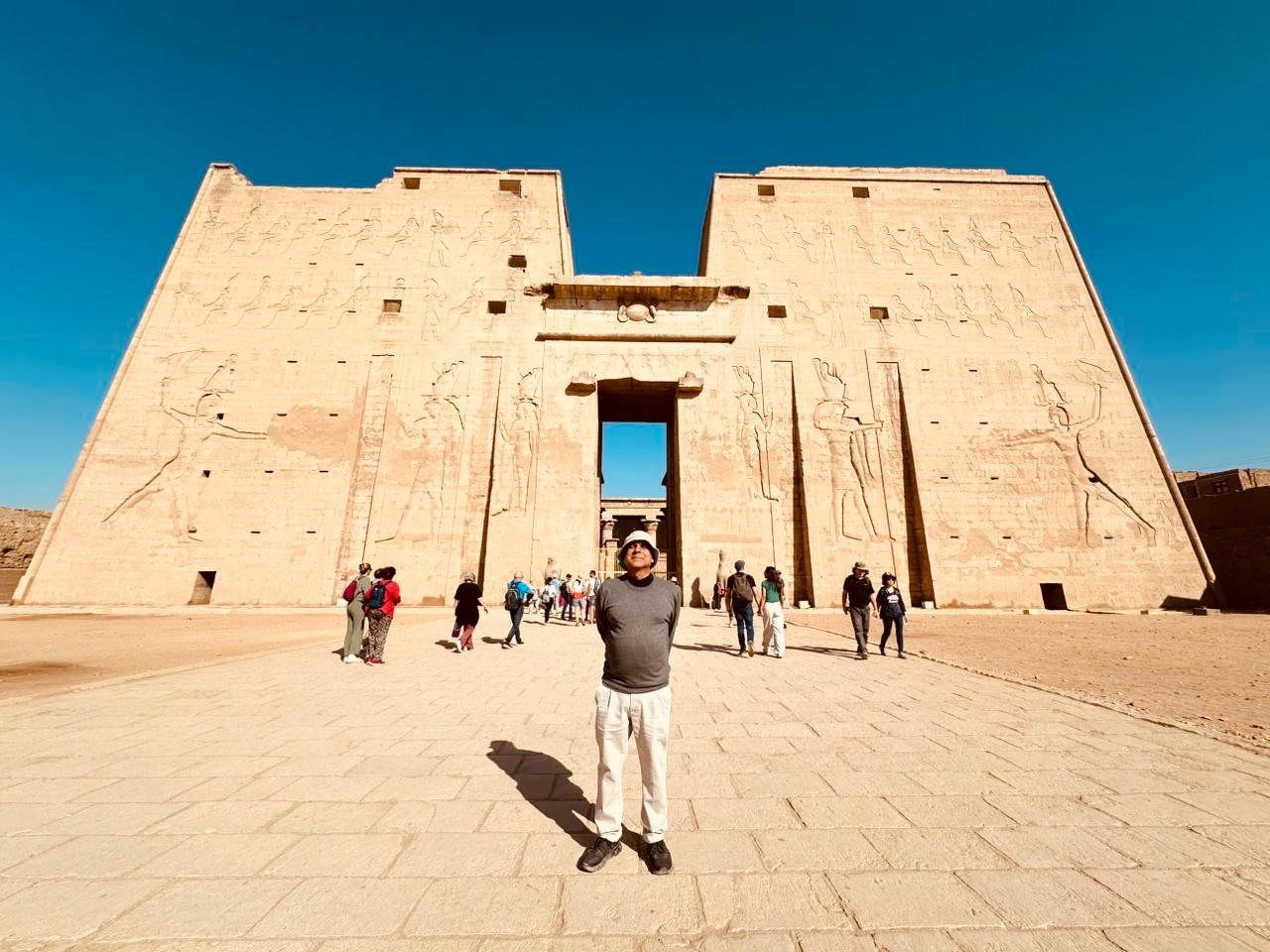
From the sacred crocodiles of Gharb Soheil to the ancient city of Crocodilopolis, the Nubia in Egypt offer travelers a journey unlike any other. It is a place where myth lives on, where customs are cherished, and where every encounter feels like a story waiting to be told.
Whether you are sipping hibiscus tea in a painted courtyard or marveling at a mummified crocodile above a doorway, your experience will be rich, soulful, and unforgettable.
Let your travels be bold. Let your adventures be meaningful. And let your memories, rooted in Nubian customs and crocodile lore, be truly magnificent.
Related Articles
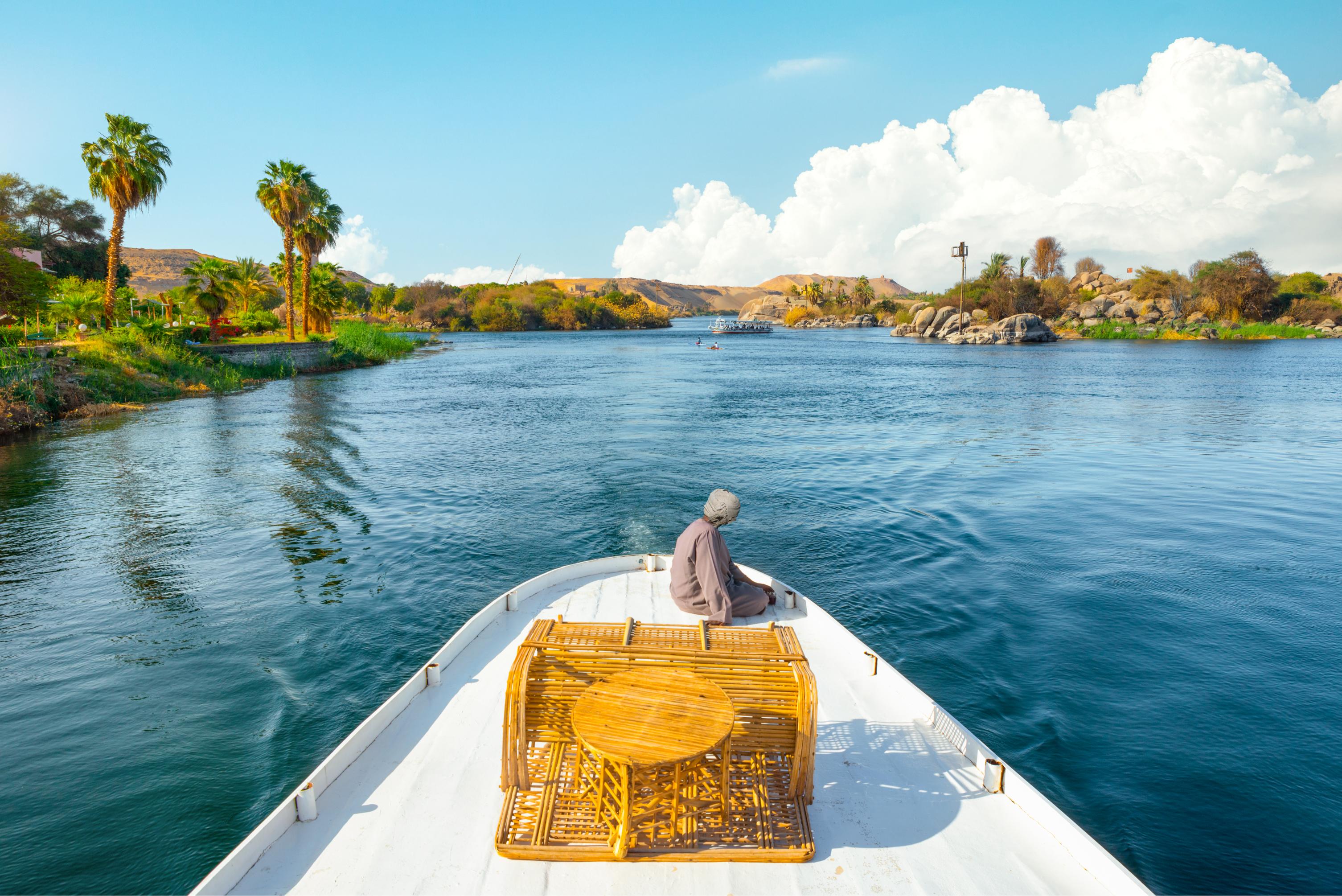
Traditions of Nubian in Egypt
Experience life of Nubian in Egypt—vibrant homes, henna art, folk music, and warm hospitality rooted in centuries of African, Islamic, and Nile culture.

Best Places to Visit in Egypt
Uncover best places to visit in Egypt for luxury travel, from Cairo’s five-star stays to Red Sea resorts, Nile cruises, and exclusive cultural experiences
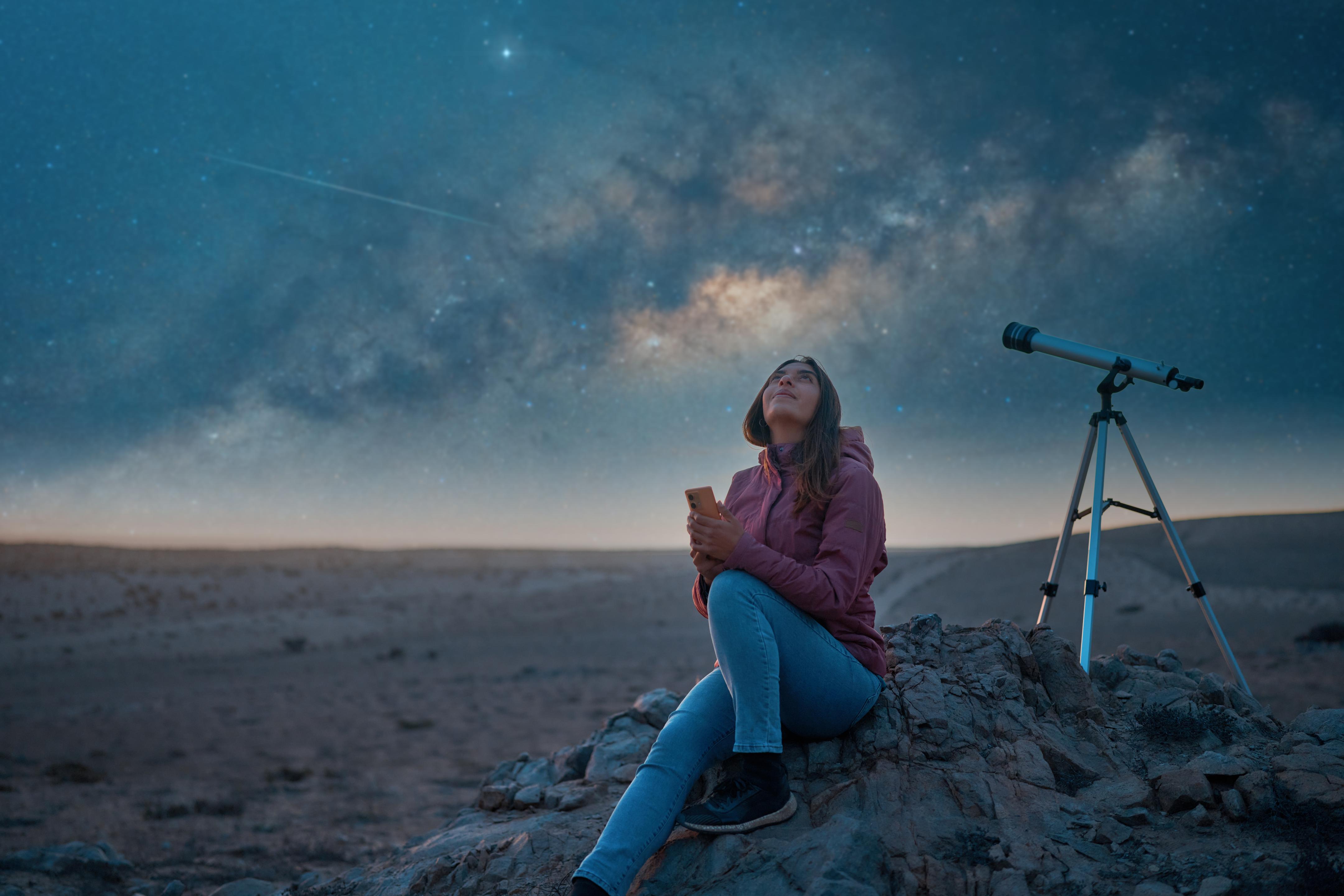
Stargazing in Egypt
Experience magic by night and day—stargazing in Egypt under clear desert skies and birdwatching in lush oases. A serene blend of nature, wonder, and luxury.
